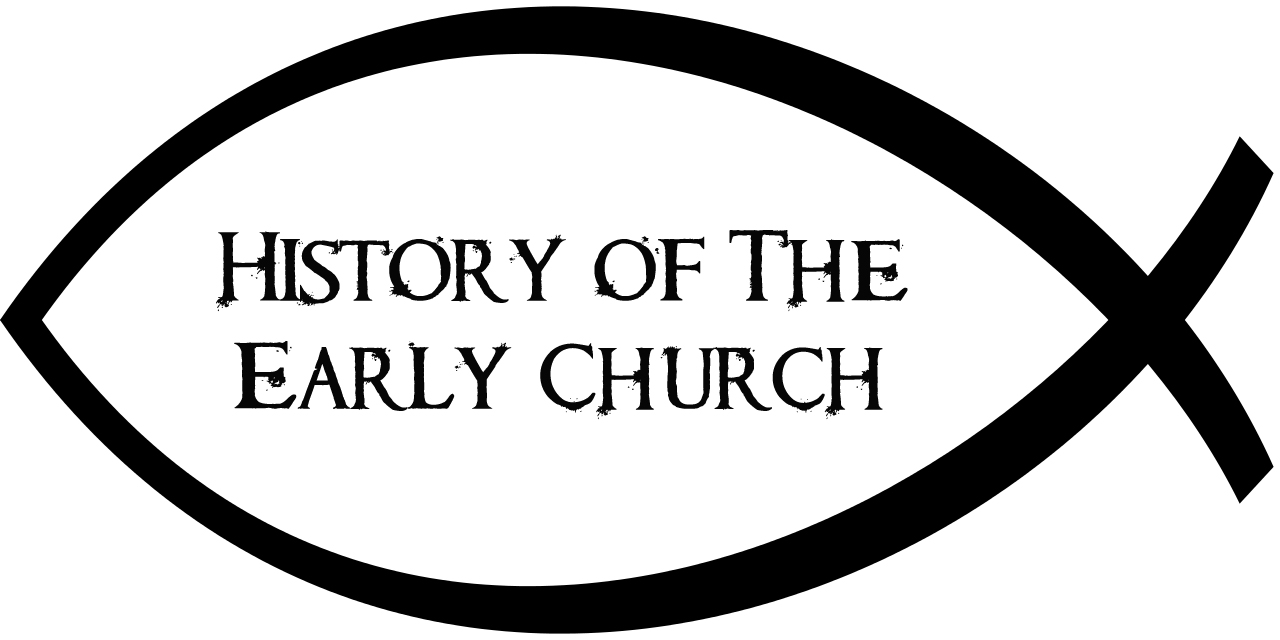In England, the Reformation had taken somewhat of a different turn than the Reformation in Germany. Like Luther, most of the English reformers sought to reform the existing church-state establishment. However, where Luther had read Scripture through the eyes of Augustine, many of the English reformers relied heavily on the writings of the pre-Nicene church to interpret the Bible. One of them wrote: “The Holy Scripture is the fountain and lively spring, containing in all sufficiency and abundance the pure Water of Life, and whatever is necessary to make God’s people wise unto salvation. …The voice and testimony of the Primitive Church, is a ministerial and subordinate rule and guide, to preserve and direct us in the right understanding of the Scriptures.”

Unfortunately, the English reformers didn’t always follow this principle of Scripture interpretation. If they had done so, they would have never tried to squeeze Christianity into the confines of a state institution. As the early Christians so clearly recognized, Christ’s kingdom is not of this world, and it can never be successfully joined to the kingdoms of this world.
Despite its failings, the English Reformation prepared the soil for an English minister who turned eighteenth century England upside down. That minister was John Wesley. By the 1700s, the Church of England had largely regressed into a lethargic church of the educated, the cultured, and the wealthy. Not content with this state of affairs, Wesley, began taking the message of the Gospel to the workhouses, village streets, and open fields, in order to reach the common people. As had been so true of the preaching of the early Christians, Wesley’s preaching radically changed thousands of lives. His gospel of radical-saving grace turned both England and America upside down.

Unlike so many of the spiritual reformers who preceded him, John Wesley realized that a spiritual revolution has to begin within a person. The Holy Spirit must radically change a person from the inside out. There can be no return to primitive Christianity without the empowering work of the Holy Spirit. Wesley also grasped that when the Holy Spirit fills a person, there will necessarily be an outward change in his lifestyle. No one living in the Holy Spirit walks in the ways of the world.
John Wesley had a deep appreciation for the writings of the early Christians. He wrote, “Can anyone who spends several years in those seats of learning, be excused if they do not add to that learning the reading of the Fathers? The Fathers are the most authentic commentators on Scripture, for they were nearest the fountain and were eminently endued with that Spirit by whom all Scripture was given. It will be easily perceived, I speak chiefly of those who wrote before the council of Nicaea.”
John Wesley’s ministry eventually gave birth, not only to the Methodist Church, but also to numerous Holiness and Pentecostal churches, many of which have focused on restoring apostolic Christianity. What’s more, the Wesleyan movement, with its strong emphasis on a personal relationship with Jesus Christ and the empowerment of the Holy Spirit, has influenced hundreds of churches outside of the Wesleyan community.

How to Pray John Wesley was not just a remarkable preacher. He was also a man of prayer. This small paperback pulls together John Wesley’s best insights on prayer from his Journal, his sermons, and his other writings. It was John Wesley’s prayer life that enabled him to accomplish what he did by God’s grace. Whether he’s explaining the Lord’s Prayer or simply showing the role that prayer plays in other areas of life, Wesley offers many helpful insights into developing a rich prayer life. 96 pp. Paper.

“The Error of Imputed Righteousness” and
“How Should Christians Dress”
In this CD, David Bercot reads two of John Wesley’s works: The Error of Imputed Righteousness and How Christians Should Dress. Wesley strongly opposed the teaching that Christ’s blood does not actually deliver us from sin, but rather simply covers us so that we continue to live in sin. He also strongly preached that if we have truly been born again, it should be reflected in how we dress. 60 min. CD
